Setting a budget for technology can be tricky, especially for medium- sized companies facing the challenge of balancing financial resources with optimisation. Whilst many companies will look to industry standards to consider how much budget to allocate towards software development and IT infrastructure, many will ensure that they are constantly ahead of the curve and will look to innovate new solutions that harness the capabilities of modern technology for a future profitable outcome.
With the end of the financial year upon us once more, have you carefully considered what your software, IT infrastructure, and technology spend could mean for your business in the new financial year?

The Rise of Technology Spend Across Different Industries
According to Statista.com, the focus on investing in IT is directly related to how technologically-driven the industry is likely to be. Since software companies use physical IT hardware and cloud-based software on an everyday basis, it stands to reason that they would spend the highest proportion of their annual revenue reinvesting into the same technology. However, other industries should also be aware that the year-on-year technology spend within their sectors has only gone up over time as processes have become more streamlined and business practices increasingly cloud-based.
For comparison, between 2017 and 2022, retail and e-Commerce saw a 77% increase in expenditure. As a result, IT infrastructure, online user experience, inventory management, logistics, production, and more needed to dramatically improve to meet this new demand. While the rapid rise was driven in part by the Covid-19 pandemic, the retail and E - Commerce sectors had to secure their place in the online market efficiently, securely and promptly, and that meant investing in the right technologies.
If the global pandemic taught us anything, it’s that technology forms a vital part of every business. Whether you work for a small startup or a large corporation, there’s a strong chance your business uses technology to run operations, connect with customers and remain competitive. More than just an operational cost, technology forms a vital part of every company’s overall strategy. From marketing and sales to logistics and supply chain management, it plays a critical role in how businesses operate, innovate, and grow.

How to Allocate Technology Spend
Deciding how to allocate a technology budget depends on the size of your company, your industry and your business objectives. However, there are a few key areas that all businesses should consider in order to optimise spend and drive business growth, including the following:
- Innovation - Software applications are the driving force of technology and innovation and are used every day to deliver operational insights and integrate with other systems and applications.
- Cloud Computing - Moving to the cloud and transitioning legacy systems and infrastructure offers several benefits, including improved collaboration, scalability and cost savings. Meanwhile, cloud-based tools and platforms can help to streamline operations and increase productivity.
- Data Analytics - Businesses can gain insights into customer behaviour and market trends, allowing them to optimise operational efficiency, make informed data-led business decisions and drive business growth.
- Cyber Security - Business continuity is fundamental and, with an ever-increasing sophistication in cyber attacks, businesses need to invest in robust cyber security measures.
Ultimately, by leveraging the right digital technologies, you can transform business processes, improve customer experiences and drive innovation.

The Benefits of Investing in Software and Managed Cloud Services
The demand for custom software development has greatly increased in recent years as businesses aim for unique brand perception and standout customer experience. Where cookie- cutter solutions can provide good short-term returns, bespoke software development can provide longevity, better brand perception, and even security in knowing that your competitors can’t simply lift and place your user experience.
In the article ‘Cloud Migration Simplified’, Microsoft highlights the significant impacts of cloud migration and software development expense allocation, whilst also showing how a decision to invest in cloud migration now can yield greater savings in the future. Microsoft then goes on to reiterate the fact that only finance, IT, and a select few other industries used to prioritise IT expenditure, and that all industries have, in recent years, chosen or been forced as a result of economic and global business climates, to adopt the cloud. This has led to significant time savings across industries such as education, logistics, and hospitality, and increased interconnectivity, access to resources, and the ability to constantly update platforms remotely have also contributed to positive growth.
Aside from the obvious benefits to efficiency, growth, and support, it’s clear that allocating resources to cloud migration, ongoing maintenance and optimisation, and even workflow/staff augmentation, is a worthwhile investment for any business in the modern world.




